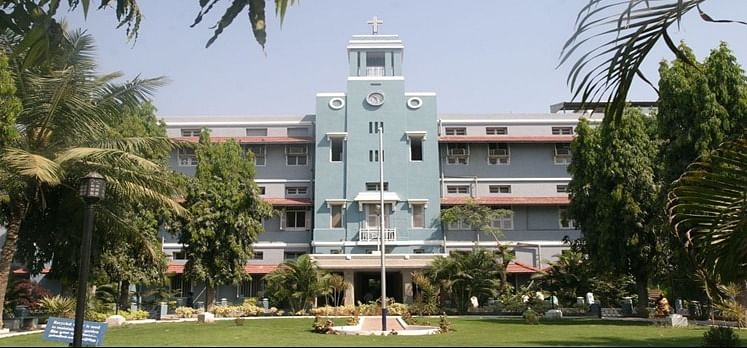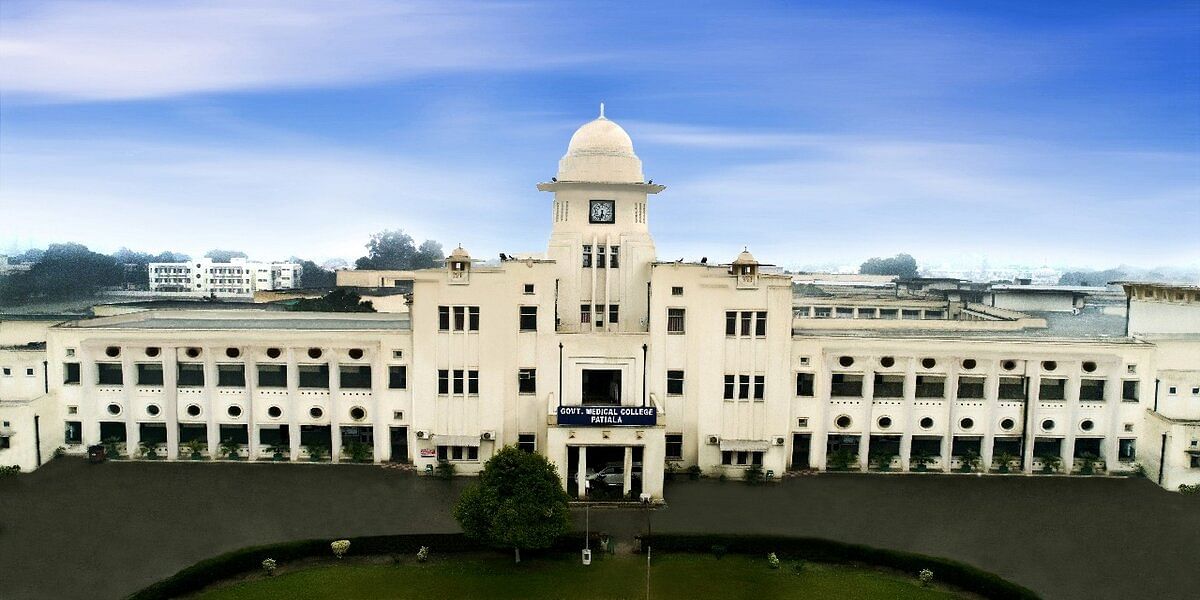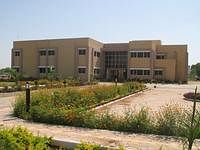B.Sc Physiology Syllabus and Subjects

B.Sc Physiology curriculums may differ depending on the specialisation chosen by the students. B.Sc Physiology course is divided into four semesters. The B.Sc Physiology subjects are intended to provide students with a more in-depth understanding of the course and specialisation they choose to pursue.
Semester Wise B.Sc Physiology Syllabus
The discipline chosen by the candidate determines the list of B.Sc Physiology Topics. B.Sc Physiology Course topics differ by discipline because the main topics change. The B.Sc Physiology Curriculum focuses primarily on Fundamental human anatomy, nervous system and muscle structure.
As a result, the first year of the B.Sc Physiology Curriculum has not changed significantly. B.Sc Physiology courses provide students with all of the necessary information. The semester-by-semester B.Sc Physiology syllabuses are listed below. Because these are core subjects, they are usually consistent.
B.Sc PhysiologyFirst Year Syllabus
The table below contains the list of B.Sc Physiology Subjects in the first year:
| Semester I | Semester II |
| Biochemistry | Blood and Body Fluids |
| Biochemical Tests | Cardiovascular System |
| Biophysical and Biochemical Principles Involved in Human System | Clinical Biochemistry |
| Biostatistics | Units of Human System |
B.Sc Physiology Second Year Syllabus
The table below contains the list of B.Sc Physiology Subjects in the third year:
| Semester III | Semester IV |
| Conservation of Matter | Haematological Tests |
| Energy in Human Systems | Histology |
| Endocrine System | Human Experiments |
| Environmental Physiology | Social Physiology |
B.Sc Physiology Third Year Syllabus
The table below contains the list of B.Sc Physiology Subjects in the third year:
| Semester V | Semester VI |
| Immunology & Immunisation Program | Renal Physiology |
| Microbiology | Reproductive Physiology |
| Nervous System | Respiratory System |
| Nerve Muscle Physiology | Sensory Physiology |
| Physiology as a Science of Excellence | Skin and body Skin and Body Temperature Regulation |
B.Sc Physiology Subjects
The discipline chosen by the applicant determines B.Sc Physiology Topics. Courses are chosen based on core topics as well as disciplines. The courses are classified as electives. Electives are optional courses that make the course more flexible and diverse.
B.Sc Physiology Core Subjects
The core B.Sc Physiology Subjects list contains essential subjects that all B.Sc Physiology students study irrespective of their specialisation, which is as follows:
- Biochemistry
- Nervous system and physiology
- Histology
- Endocrine System
- Human Anatomy
- Cardiovascular System
- Histology
- Immunology and Immunisation Program
- Sensory Physiology
- Nervous System
- Haematological Test
B.Sc Physiology Elective Subjects
- Zoology
- Chemistry
- Biology
- Botany
B.Sc Physiology Course Structure
The B.Sc Physiology Course structure consists of both core and elective subjects. The course is a three-year-long course, depending on the research topics and papers. Students are introduced to specific topics related to their specialisation. The course structure is:
- VI Semesters
- Core Subjects
- Elective Subjects
- Research Project
B.Sc Physiology Teaching Methodology and Techniques
Traditional lecture-based education is covered in B.Sc Physiology education methods and techniques. Traditional classroom instruction allows students to ask and receive answers to their questions. The teaching methods and techniques used in this course are intended to provide students with access to all infrastructure and facilities that are available to them once they have completed this course.
Some common teaching methods and strategies are listed below.
- Lectures
- Practical Sessions
- Research Papers
- Seminars
- Group Discussions
- Research Paper Mentorship
B.Sc Physiology Course Projects
The professor will grade the projects to determine the student's understanding of the topic. B.Sc Physiology can select project topics based on their field of study. Some of the most popular research projects are listed below.
- Does The Weather Affect A Person's Mood?
- Does Smiling Affect A Person's Mood?
- Do Colours Affect A Person's Mood?
- Does Music Affect Blood Pressure?
- How Does Fear Affect Blood Pressure?
B.Sc Physiology Course Books
Books are a huge investment for students seeking a B.Sc Physiology, as they can help them learn more about interesting subjects. Below are some of the most popular B.Sc Physiology course books are available to students. Students can borrow reference books from the library, download them from the Internet, and purchase them.
| Name of Book | Author |
| Medical Physiology | John E. Hall |
| Physiology | Linda S Costanzo |
| Human Physiology: An Integrated Approach | Dee Silverthorn |






















